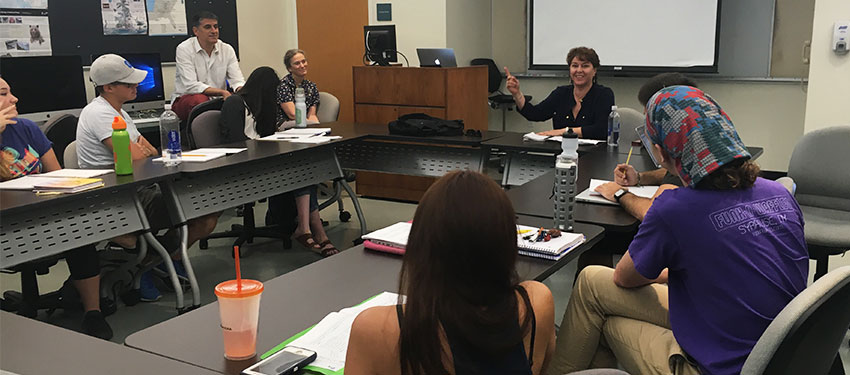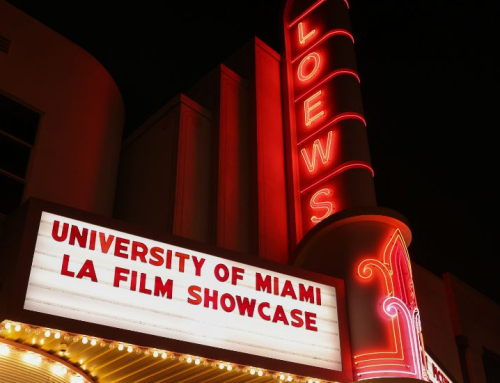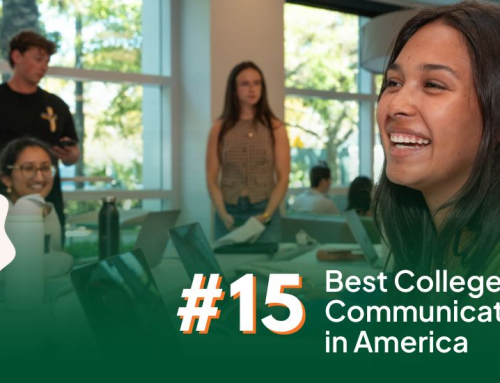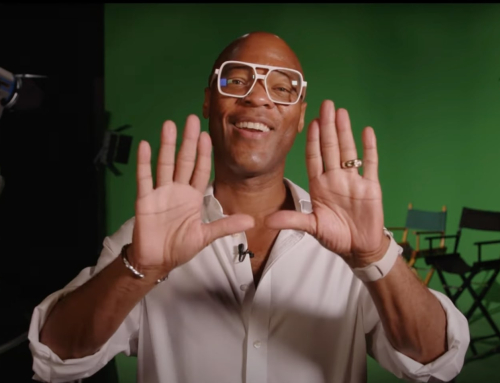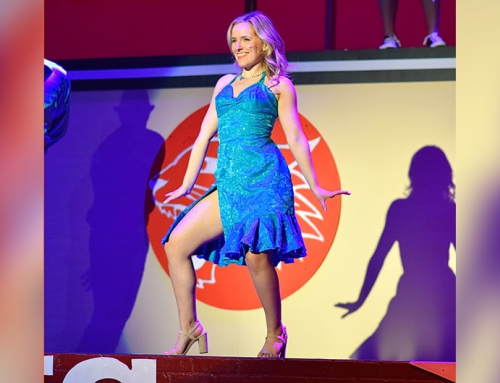All eyes were on Christine DiMattei from WLRN Wednesday, Sept. 7, in Jim Virga’s and Julia Dallman’s Community Science class. DiMattei is the afternoon anchor for 91.3 WLRN, South Florida’s predominant public radio station.
This is the second semester Community Science is offered, the first was during the fall 2015 semester. The topic of the course changes each year and this year it is music and the brain. Co-professors Virga and Dallman asked DiMattei to speak to the class and offer advice to students on their first project, an audio report.
The classroom had an energetic atmosphere as DiMattei took the time to get know each student’s name, major, and even favorite color.
DiMattei said that she got into the field of news reporting because she was “disgusted” with the commercial news delivery on the radio.
“I feel that public broadcasting and public news delivery, especially on the radio, is the last vestige of intelligent reporting,” DiMattei said.
Though WLRN became her dream job, it wasn’t always. She minored in journalism in college, but had no intention of becoming a news reporter. DiMattei said that she was a fan of WLRN before she began working for the station and if she was going to take the news reporter route, she was going to work for the people who deliver the best news possible.
In a time when multimedia reporting is so prevalent, DiMattei acknowledged how difficult it can be to capture audio, footage, and images all at once. She advised the students to focus on one at a time to get the best possible results.
“Go for the good sound, or go for the good image. One at a time, you can’t go for both,” DiMattei said.
In a radio news package, audio is crucial; the sound has to tell the story the way footage normally would. DiMattei stressed the importance of the sound corresponding with the reporting. She gave the example of if a narration says that people are filing in, the sound must be of people filing in, not filing out.
“You may think the people won’t be able to tell, but they will,” DiMattei said. “It damages your credibility. It’s cheating, don’t do it.”
The radio anchor told the class that it is very important not to patronize an audience or tell them what to do, even if it is just telling them to prepare for a storm.
“Give them the facts and let them come to a conclusion about what they’re going to do,” DiMattei said.
WLRN has won many awards, but DiMattei noted that while they are nice, they have not brought in any more listeners or viewers to the either the radio or TV stations.
“Don’t get stuck on [awards,] there are other ways to measure your success,” she said.
As one of the final pieces of advice, DiMattei encouraged the students to be daring in their reporting and to not be afraid to hone in on a ridiculous aspect of a serious matter. Zika, she said, is no laughing matter. However, the politics to fund research on it is.
“If there is an absurd news situation, go for the absurdity. Report the absurdity of it,” DiMattei said. “Sometimes it’s the only way to understand a complex issue, is to see it through this comical lens.”

